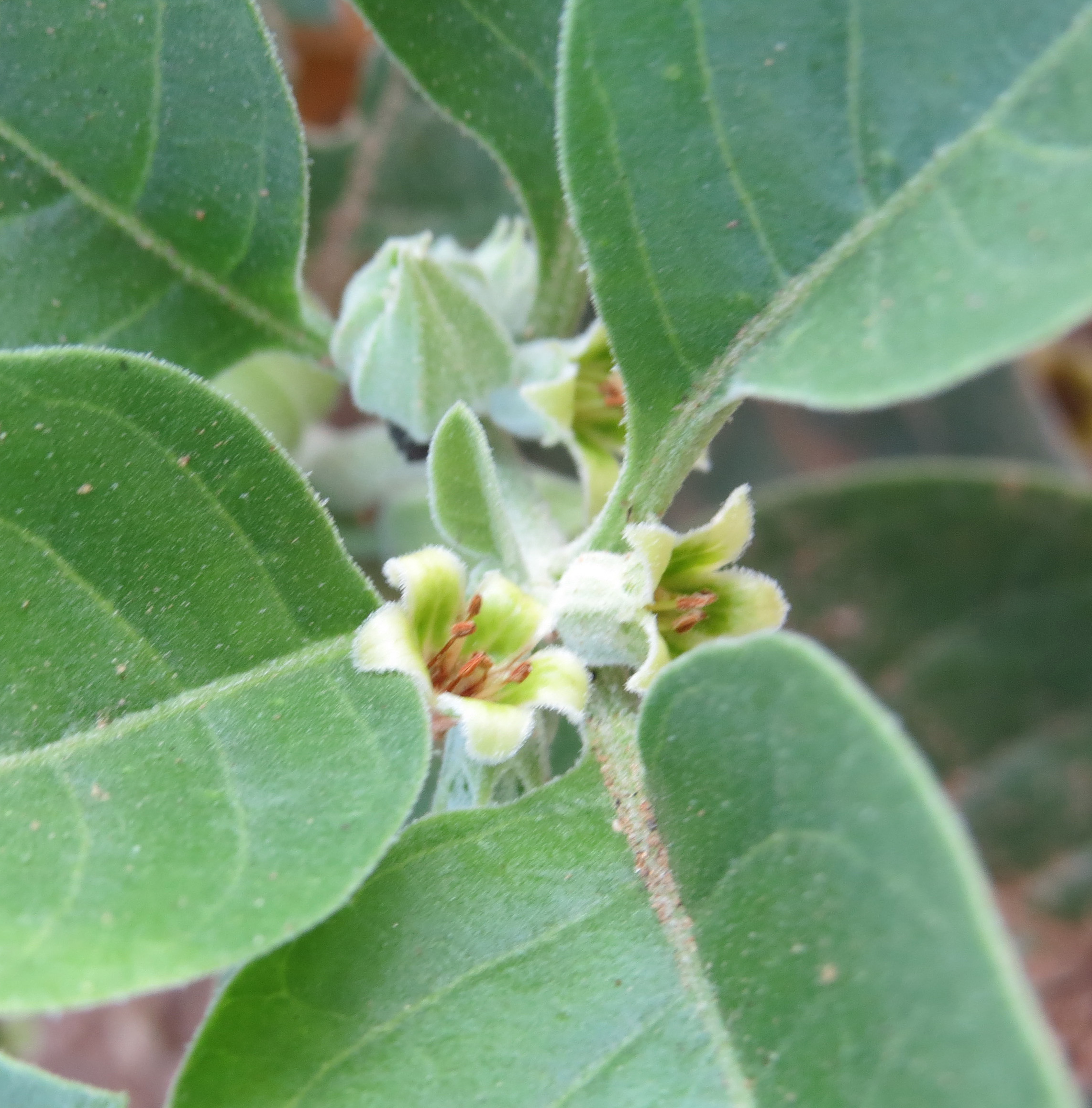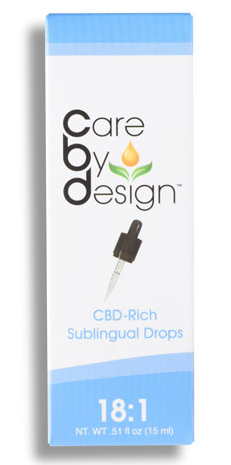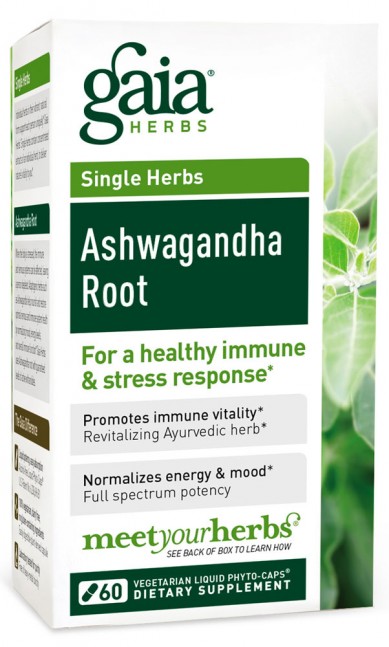Wired and Tired In Silicon Valley- CBD Oil and Ashwagandha to the Rescue!
Today, people live busy, stressful lives. Ironically, technology has only allowed us to work more, while push notifications constantly alert us to the latest crises. It’s no wonder we’re stressed out! Here in Silicon Valley, I often see business professionals who suffer from the ‘wired and tired’ scenario. I know this because after their first acupuncture session they feel completely exhausted. Some even claim to sleep 12 hours straight the night after their first session. Why is this?
Acupuncture removes the veneer of nervous tension (wired) and reconnects people to how their body is really feeling (tired). This is actually a good thing because it allows people to really calm down and get restorative sleep. But what if you can’t get acupuncture every week? I have a couple suggestions for herbal alternatives that might be right for you:
CBD oil and Ashwagandha

There’s a lot of media attention on the legalization of marijuana, but not a lot of intelligent discussion about its benefits from a medical perspective. In this vein, I thought I would do a compare and contrast discussion of CBD oil (an extract from the marijuana plant) and Ashwagandha, a storied herb from Ayurvedic (Indian) medicine.
Ashwagandha, also known as Withania somnifera, is known as an ‘adaptogen’ which means it both relieves stress and improves energy at the same time.
CBD Oil has been extensively researched for in the context of cancer (it reduces nausea) and is commonly prescribed for relieving anxiety and can help with sleep. It has also been used extensively to treat pain and inflammation. The key differentiator here is that CBD oil does not leave the user feeling ‘high’ in the way that THC does.
Homeostatic Balance and The Stress-Response
Stress can then be defined as a “push” away from homeostasis or balance. For example, our internal body temperature is maintained at a steady 98.6F (37C). Whenever changes in the environmental temperature push our bodies away from this, such as on a hot day, our body sees this change as a form of stress.
Our body then needs to adapt to this temperature change to maintain our strict internal temperature control. If we can’t adapt fast enough to maintain this balance, we become sick.
When we fall out of balance our immune system begins to fail, our repair processes becomes interrupted, energy levels decrease, and our overall vitality begins to fade.
Long-Term Stress and Imbalance Can Lead To:
- Chronic fatigue syndrome
- Anxiety and Depression
- Autoimmune disease
- Inflammatory bowel disease (IBD)
- Menstrual irregularities
- Cancer
CBD Oil- What Is It Exactly?

CBD is just one of over 60 cannabinoids found in the marijuana plant (Cannabis spp.). This compound has received a lot of attention in recent years for its wide range of health promoting activity.
CBD works off a system in the body known as the endocannabinoid system. The body uses this system as messenger service for the organs, allowing distant organs and cells to communicate with each other; turning up underactive organs, and turning down overactive ones whenever it’s needed.
CBD works by modulating this endocannabinoid system, essentially enhancing this process.
If the cannabinoid system can be thought of as an internet service for the body, we can imagine that just like our internet service plan, there is a monthly data limit. When we add CBD to this system it can be thought of as an upgrade to the data limit of this service plan. It allows the internal system to work more efficiently and achieve a higher level of control over homeostasis in the body by transferring more information.
The ability for CBD to modulate this endocannabinoid system is what gives it so many health promoting benefits. CBD oil is useful for chronic inflammation, insomnia, stress/anxiety, poor immunity, epilepsy, pain, and even cancer therapy and prevention.

What is Ashwagandha?
Our understanding of Ashwagandha comes from the Ayurvedic medical system of India and Southeast Asia. This herb is considered a Rasayana, which basically means “longevity promoting”. This classification was reserved for top-tier herbs that could promote vitality and improve health throughout life. These herbs are revered for having effects that can be considered “balancing”. When something falls out of balance, they bring the body back towards baseline. A more modern term for this class of herb is adaptogen.
Ashwagandha (Withania somnifera) is used for conditions involving overstimulation and the resulting exhaustion that comes with it. This can include anxiety, insomnia, chronic fatigue syndrome, pain, and stress.
It’s also used for regulating the immune system which makes it useful for conditions like cancer, inflammation, and autoimmune disease.
Similarities Between Ashwagandha & CBD Oil
You may have noticed that many of the benefits attributed to CBD oil and ashwagandha are very similar. Both are used for chronic conditions involving inflammation, stress and anxiety, insomnia, chronic fatigue, and poor immunity.
In order to make a fair comparison, we’ll go through several key systems these compounds work on and compare them to each other.
Comparing Ashwagandha and CBD Oil:
1. Stress
Both CBD and Ashwagandha are useful for reducing the negative effects of stress on the body, but have different ways of achieving this.
CBD Oil
CBD works through the endocannabinoid system, making it more sensitive to changes in our internal balance. It’s considered to be most effective in stress conditions involving anxiety and hyperexcitability.
In a recent randomised controlled clinical trial, researchers reported a significant reduction in patients suffering anxiety-related disorders using CBD [2].
CBD also modulates a neurotransmitter in the brain known as GABA. This neurotransmitter is responsible for muscle relaxation and plays an integral role in sleep and nerve cell recovery. CBD improves the function of GABA, helping us relax and unwind at the end of a long day [3].
Ashwagandha
Ashwagandha has similar effects, but works through a special system known as the hypothalamus-pituitary-adrenal axis (HPA axis). This system is tasked with the important job of regulating homeostasis through hormonal control.
A study investigating the effectiveness of ashwagandha on stress found that regular intake was able to reduce several key markers of chronic stress [1]:
- Reduced corticosterone levels in the blood (an important stress hormone)
- Improve blood glucose metabolism (often becomes dysfunctional with long-term stress)
- Improved cognitive dysfunctions associated with high stress
- Improved immune function
- Corrected sexual dysfunctions that were the result of chronic stress
The effect profile of ashwagandha makes it more useful for long term stress involving exhaustion. It can be used to build the body back up to a state of good health after reaching exhaustion or “hitting the wall”.
2. Inflammation
Inflammation is a key element of the healing process, but can lead to long term health issues if allowed to go on for too long. CBD and ashwagandha are both effective for reducing inflammation.
CBD
CBD provides anti inflammatory effects through the regulation of the endocannabinoid system as well as a special set of receptors known as the adenosine system. It’s been shown in animal studies to reduce several key inflammatory markers after just a single dose of CBD [4].
Due to CBDs effectiveness for reducing pain, as well as its role in preventing adenosine-mediated inflammation, it’s considered to be most effective for inflammation involving pain such as osteoarthritis, rheumatoid arthritis, nerve pain, and chronic back pain.
Ashwagandha
Ashwagandha was shown to have superior anti inflammatory actions to hydrocortisone in an animal model [5]. Hydrocortisone is a common anti inflammatory pharmaceutical medication used for joint and muscle pain.
The anti inflammatory effects of ashwagandha are better for inflammation related to autoimmune or allergic conditions [6]. This makes ashwagandha a great anti inflammatory for conditions like eczema, hay fever, food allergies, and rheumatoid arthritis.
3. Insomnia
CBD
CBD helps with anxiety through GABA innervation, muscle relaxation, and CB1 receptors in the brain. It helps us relax at the end of the day, giving us a better chance of falling asleep. Additionally, the potent pain-relieving benefits of CBD make it effective for insomnia related to pain or discomfort.
CBD has been shown to improve sleep onset and sleep maintenance in highly stressed individuals [15], as well as those suffering from chronic pain [16].
Ashwagandha
Ashwagandha is especially useful for insomnia because it has the ability to reduce sympathetic nervous system dominance. This part of the nervous system (often referred to as the SNS) controlls our stress response. It becomes activated during stress, which serves to heighten our awareness and gives us a surge of energy. By turning this system down using ashwagandha, our brains are much more capable of relaxing and falling asleep at the end of the day.
Ashwagandha has been shown to not only improve sleep quality, but also to decrease the negative side effects of sleep deprivation [17]. This makes ashwagandha especially useful for those with chronic insomnia, helping with the immediate issues of sleep deprivation, as well as preventing further sleep deprivation with regular use.
4. Pain
CBD
CBD is a potent pain-reliever. In fact, this is one of the main reasons many people choose to take CBD in the first place. It works by activating a special type of receptor known as the vanilloid receptors. These are used alongside the opioid system to control the amount of pain signals that are allowed to enter the brain. By activating these receptors, the pain signal is turned down, resulting in a significant reduction in pain sensation [7].
Common analgesics like morphine and codeine work through a similar mechanism.
Ashwagandha
Ashwagandha isn’t nearly as useful for pain-reduction as CBD, but does have some benefits. One study found that ashwagandha was able to reduce chronic nerve pain [7]. Another study found similar results using ashwagandha for treating nerve pain resulting from surgical procedures [8].
This suggests that ashwagandha is useful specifically for pain associated with the nervous system.
This may include:
- Carpal tunnel syndrome
- Degenerative disk pain
- DIabetic neuropathy
- Trigeminal neuralgia
- Sciatica
5. Cancer
CBD
CBD has been shown to have potent anticancer benefits over the past 10 years of research. It does this through a variety of different mechanisms.
CBD combats cancer by:
- Reducing inflammatory compounds associated with the development of cancer (such as NF-kB) [9].
- Increases programmed cell death in cancerous cells [10]
- Increases oxidative damage to cancer cells [10]
Ashwagandha
Ashwagandha is also useful as an anticancer supplement. It’s root contains a chemical known as withaferin A, which has been shown to have profound benefits towards the detection and elimination of cancer.
Ashwagandha combats cancer by:
- Regulating cell proliferation and limiting the speed at which cancer cells can grow and multiply [14].
- Increasing programmed cell death of cancerous cells [11].
- Inhibiting inflammatory markers associated with cancer formation (NF-kB) [13].
- Improves the effectiveness of anticancer medications like chemotherapy and radiation therapy [12].
References
- Bhattacharya, S. K., & Muruganandam, A. V. (2003). Adaptogenic activity of Withania somnifera: an experimental study using a rat model of chronic stress. Pharmacology Biochemistry and Behavior, 75(3), 547-555.
- Crippa, J. A. S., Derenusson, G. N., Ferrari, T. B., Wichert-Ana, L., Duran, F. L., Martin-Santos, R., … & Filho, A. S. (2011). Neural basis of anxiolytic effects of cannabidiol (CBD) in generalized social anxiety disorder: a preliminary report. Journal of Psychopharmacology, 25(1), 121-130.
- Consroe, P., Benedito, M. A., Leite, J. R., Carlini, E. A., & Mechoulam, R. (1982). Effects of cannabidiol on behavioral seizures caused by convulsant drugs or current in mice. European journal of pharmacology, 83(3-4), 293-298.
- Ribeiro, A., Ferraz-de-Paula, V., Pinheiro, M. L., Vitoretti, L. B., Mariano-Souza, D. P., Quinteiro-Filho, W. M., … & Hallak, J. E. (2012). Cannabidiol, a non-psychotropic plant-derived cannabinoid, decreases inflammation in a murine model of acute lung injury: Role for the adenosine A2A receptor. European journal of pharmacology, 678(1-3), 78-85.
- Al-Hindawi, M. K., Al-Khafaji, S. H., & Abdul-Nabi, M. H. (1992). Anti-granuloma activity of Iraqi Withania somnifera. Journal of ethnopharmacology, 37(2), 113-116.
- Agarwal, R., Diwanay, S., Patki, P., & Patwardhan, B. (1999). Studies on immunomodulatory activity of Withania somnifera (Ashwagandha) extracts in experimental immune inflammation. Journal of Ethnopharmacology, 67(1), 27-35.
- Khalili, M. (2009). The effect of oral administration of Withania somnifera root on formalin-induced pain in diabetic rats. Basic and Clinical Neuroscience, 1(1), 29-31.
- Lim, D. W., Kim, J. G., Lim, E. Y., & Kim, Y. T. (2018). Antihyperalgesic effects of ashwagandha (Withania somnifera root extract) in rat models of postoperative and neuropathic pain. Inflammopharmacology, 26(1), 207-215.
- Elbaz, M., Nasser, M. W., Ravi, J., Wani, N. A., Ahirwar, D. K., Zhao, H., … & Ganju, R. K. (2015). Modulation of the tumor microenvironment and inhibition of EGF/EGFR pathway: Novel anti‐tumor mechanisms of Cannabidiol in breast cancer. Molecular oncology, 9(4), 906-919.
- Shrivastava, A., Kuzontkoski, P. M., Groopman, J. E., & Prasad, A. (2011). Cannabidiol induces programmed cell death in breast cancer cells by coordinating the cross-talk between apoptosis and autophagy. Molecular cancer therapeutics, 10(7), 1161-1172.
- Widodo, N., Kaur, K., Shrestha, B. G., Takagi, Y., Ishii, T., Wadhwa, R., & Kaul, S. C. (2007). Selective killing of cancer cells by leaf extract of Ashwagandha: identification of a tumor-inhibitory factor and the first molecular insights to its effect. Clinical Cancer Research, 13(7), 2298-2306.
- Devi, P. U. (1996). Withania somnifera Dunal (Ashwagandha): potential plant source of a promising drug for cancer chemotherapy and radiosensitization. Indian Journal of Experimental Biology, 34(10), 927-932.
- Yadav, B., Bajaj, A., Saxena, M., & Saxena, A. K. (2010). In vitro anticancer activity of the root, stem and leaves of Withania somnifera against various human cancer cell lines. Indian journal of pharmaceutical sciences, 72(5), 659.
- Singh, D., Aggarwal, A., Maurya, R., & Naik, S. (2007). Withania somnifera inhibits NF‐κB and AP‐1 transcription factors in human peripheral blood and synovial fluid mononuclear cells. Phytotherapy research, 21(10), 905-913.
- Chagas, M. H. N., Eckeli, A. L., Zuardi, A. W., Pena‐Pereira, M. A., Sobreira‐Neto, M. A., Sobreira, E. T., … & Tumas, V. (2014). Cannabidiol can improve complex sleep‐related behaviours associated with rapid eye movement sleep behaviour disorder in Parkinson’s disease patients: a case series. Journal of clinical pharmacy and therapeutics, 39(5), 564-566.
- Russo, E. B., Guy, G. W., & Robson, P. J. (2007). Cannabis, Pain, and Sleep: Lessons from Therapeutic Clinical Trials of Sativex®, a Cannabis‐Based Medicine. Chemistry & biodiversity, 4(8), 1729-1743.
- Chagas, M. H. N., Eckeli, A. L., Zuardi, A. W., Pena‐Pereira, M. A., Sobreira‐Neto, M. A., Sobreira, E. T., … & Tumas, V. (2014). Cannabidiol can improve complex sleep‐related behaviours associated with rapid eye movement sleep behaviour disorder in Parkinson’s disease patients: a case series. Journal of clinical pharmacy and therapeutics, 39(5), 564-566.







